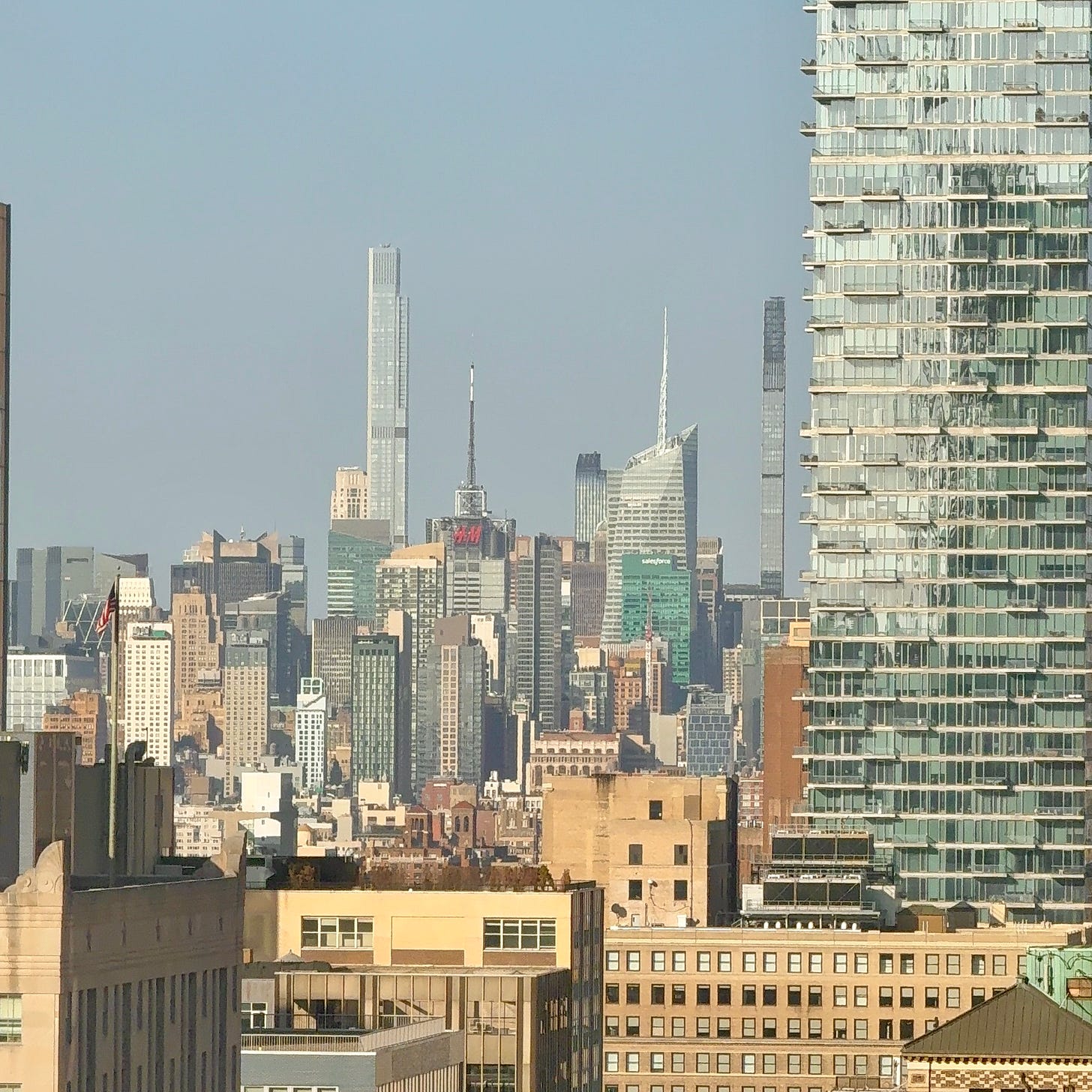The goal of this newsletter is to introduce the term ‘talent density’, share some of my thoughts, experiences, and lessons around it, hopefully inspiring at least one reader to take action along these lines :)
Introduction
What is talent density? (source)
Talent density is a measure of how much exceptional talent you have per seat. The higher the density, the more capable, curious, high-performing individuals you have relative to the size of the team.
The concept was first popularized by Netflix, which famously prioritized building lean, high-talent teams over scaling headcount. In internal culture memos and public blog posts, the company referred to talent density, the ratio of exceptional people to total team size, as a key lever for speed, innovation, and execution.
Accessing Talent Density
Studying at universities with high talent density, be it during your MBA, graduate, or ideally undergraduate program, matters. You're more likely to be surrounded by future entrepreneurs, investors, creators, and researchers who’ll create real impact in the world. I’ve studied at both a Tier 2 undergrad college in India and a Tier 1 university in the US. If there’s one thing I’d tell my 17-year-old self, it would be to study hard for JEE, not just for the love of subjects (which was my case), but to be in those high-talent classrooms across India.
Working at companies with high talent density matters. I recently visited Google and Meta’s NYC offices and spoke to a few software developers. When I asked what they liked most about working there, their answer was simple: the people. The talent density is high, not just among engineers but across all teams.
Being in cities with high talent density matters. If not New York or SF, and if I were in India, the first thing I’d have done after graduation is move to Bangalore or Hyderabad, because my industry and its people are there. If I were an actor, I’d move to Mumbai. If I worked in automotive, I’d move to Pune or Germany. Being in cities where your industry lives makes a huge difference.
Being in professional communities, often built in cities, universities, and companies with high talent density also matters. Being part of and working with the NYU Product Management Club has been the most life-changing experience I’ve had at NYU. Find your community. Move to a big city. Be around talent.
Work with and stay connected to people who work with other talented people. That’s a quiet way to get into these rooms with high talent density.
Some Experiences
Being in New York gives me access to product leaders from multi-billion dollar companies. I’ve been able to host them and learn directly from them at NYU, thanks to the city’s talent density, NYU’s reputation, and the opportunity to work with some incredible folks at NYUPMC.
New York has opened up my thought process in several directions, many of which I’ve shared in past newsletters, whether it’s thinking about the time value of money, how earning in USD changed my relationship with money, or how careers can be built in stacks (next newsletter). My efforts today feel more focused, not just because I know what I want, but also because I know what I don’t.
Being friends with entrepreneurs, builders, and creators like Sahil Bloom and Andrew Yeung has naturally led to meeting more such people in the city (applying point 5 from above in real life).
The Lessons
Of course, just being in a place with high talent density isn’t enough. You have to become someone who adds to that density.
Places like this only give you what you’re willing to go after. The people, opportunities, insights, and serendipitous moments don’t walk up to you, you have to earn them. And just being here doesn’t entitle you to anything.
Building relationships is one thing. Maintaining them is a different game altogether. (More on that in a future newsletter.)
This is a compounding game. The value of being in high-density environments might not show up in quick wins, but it will pay off in the long term.
The Conclusion
Ending with something Sahil Bloom told me when I cold-emailed him to meet in New York, just a month after I moved here for the first time:
“In your 20s, building a people foundation is just as important as building a financial foundation. If you build that well, it’s hard to lose in your 30s.”
Being in rooms with high talent density, be it a city, university, community, or company, helps with this.
If you liked this newsletter,



